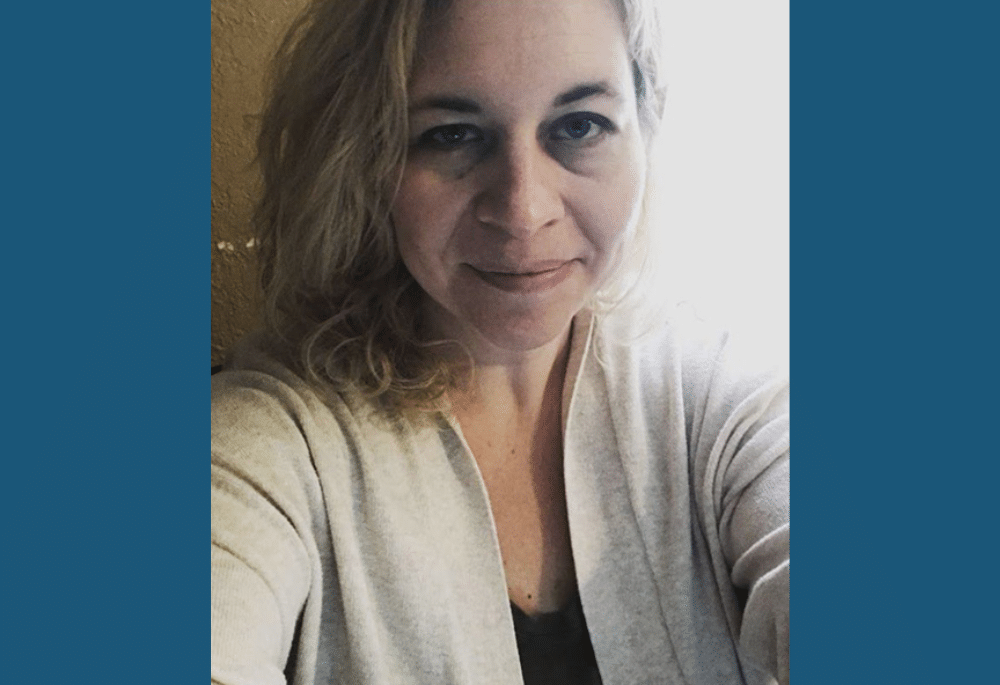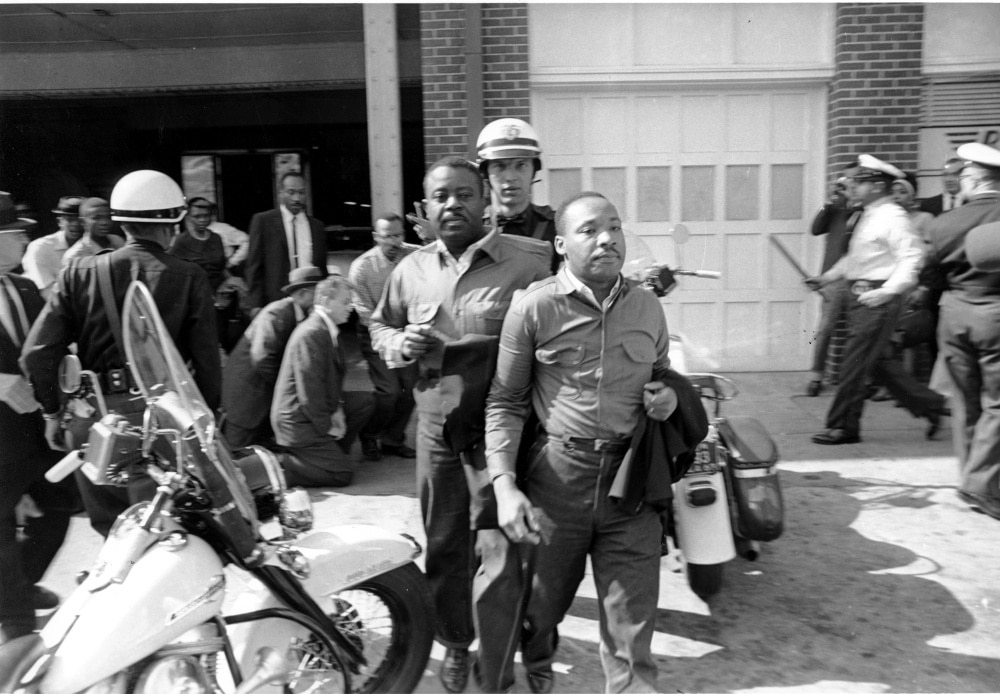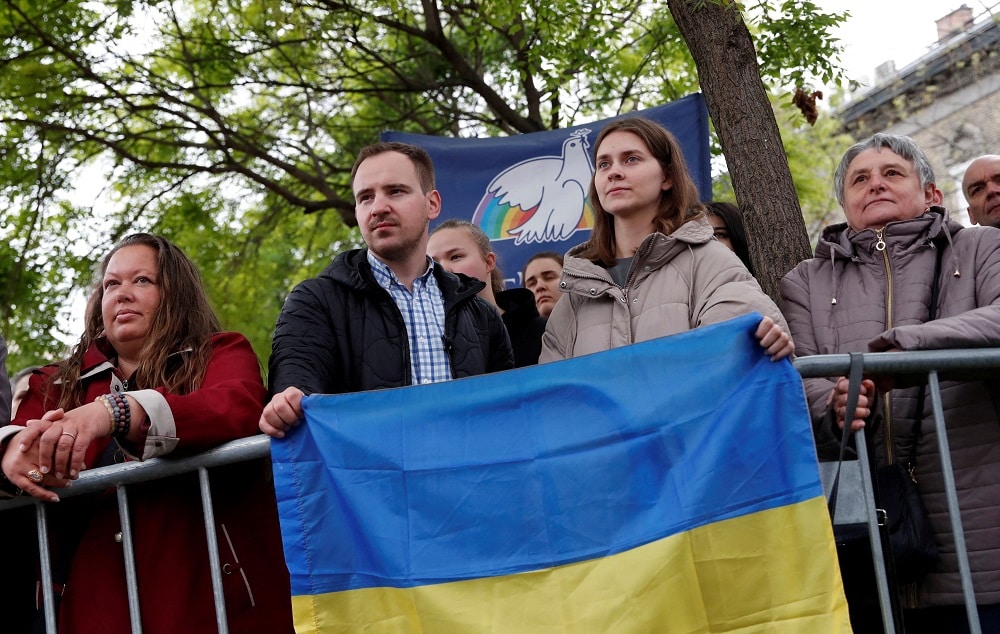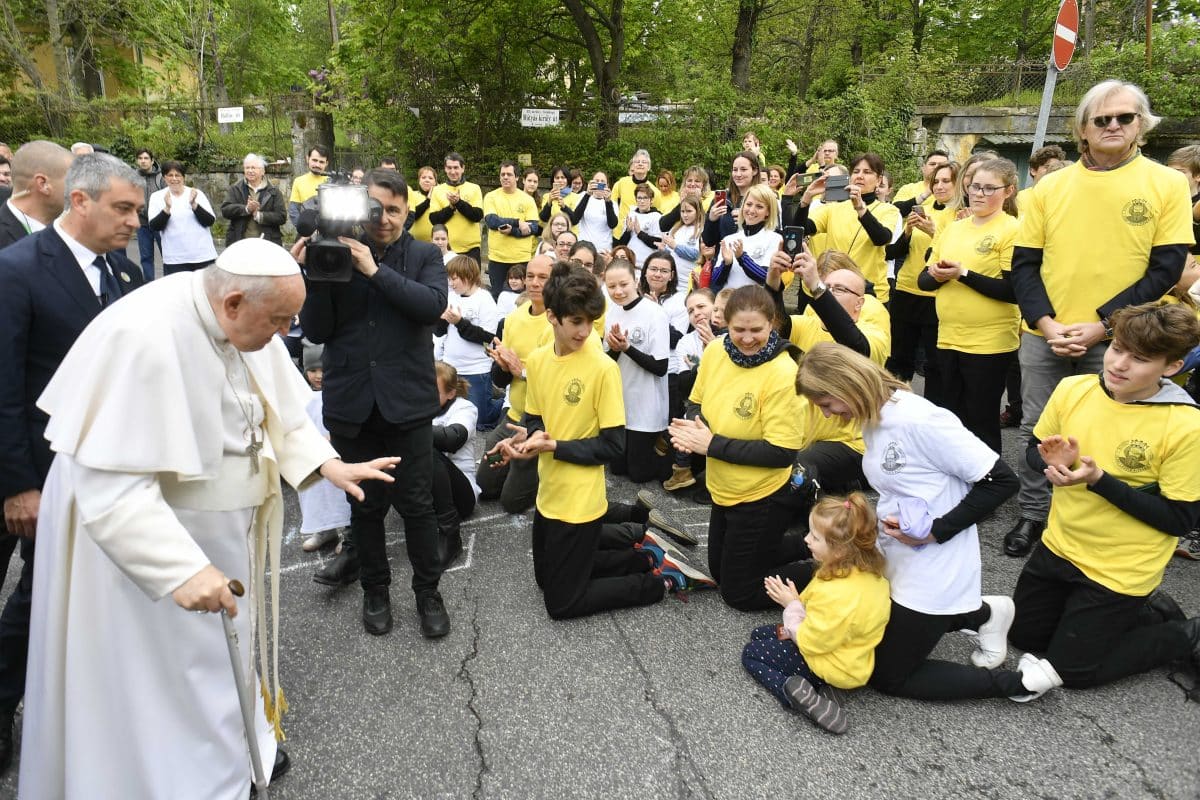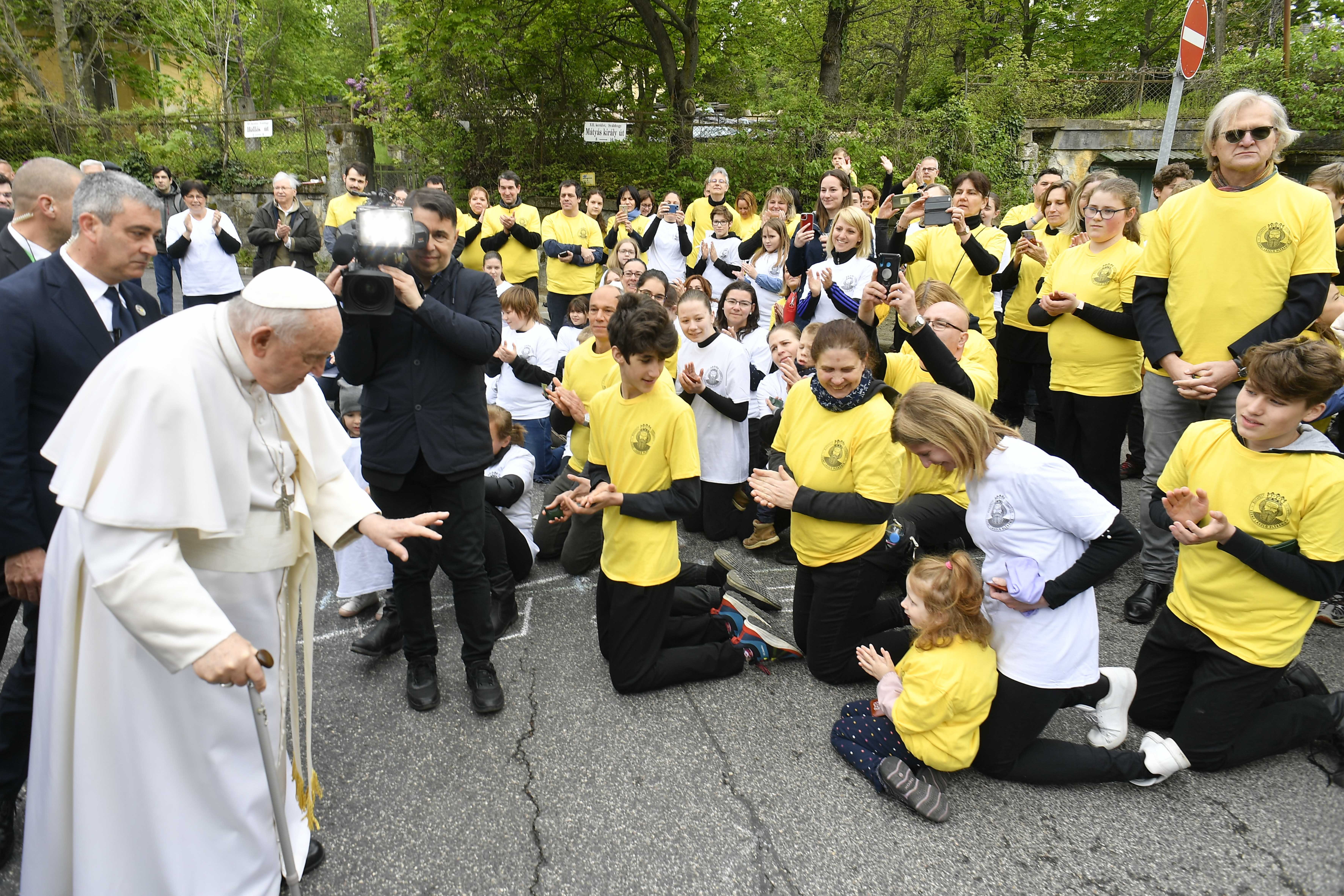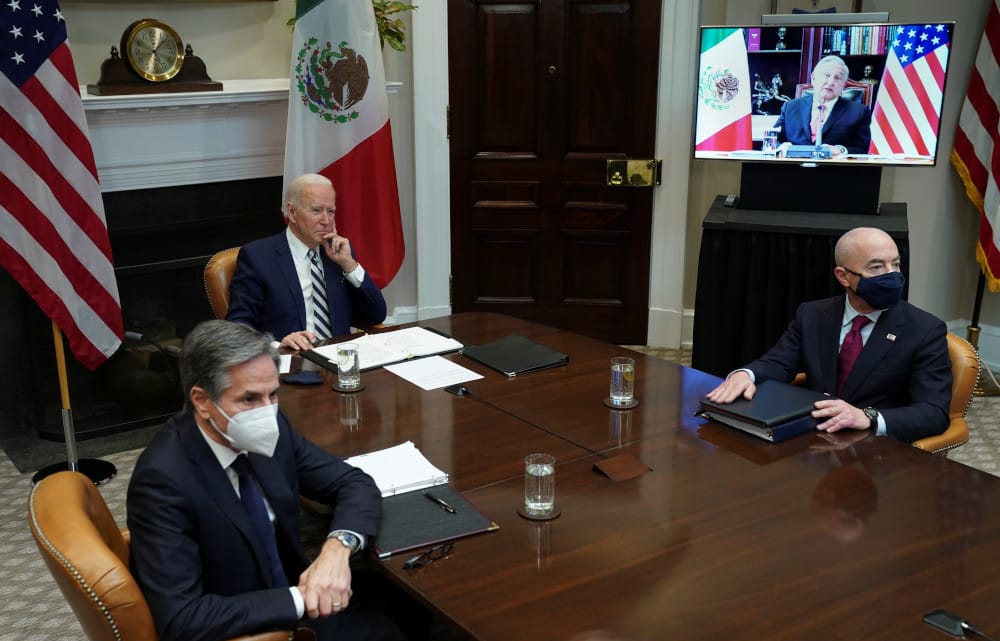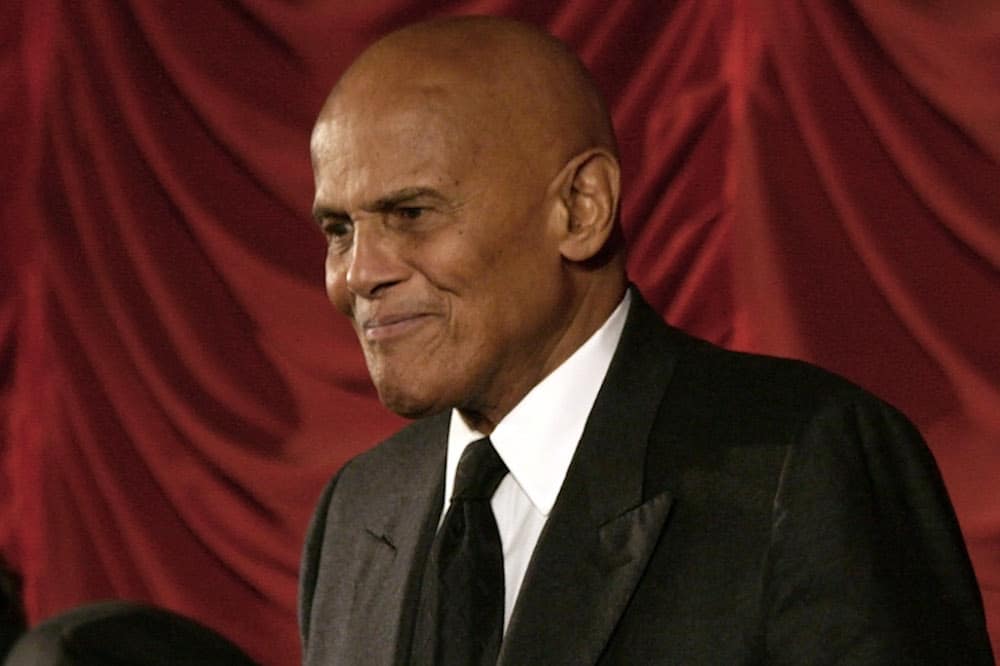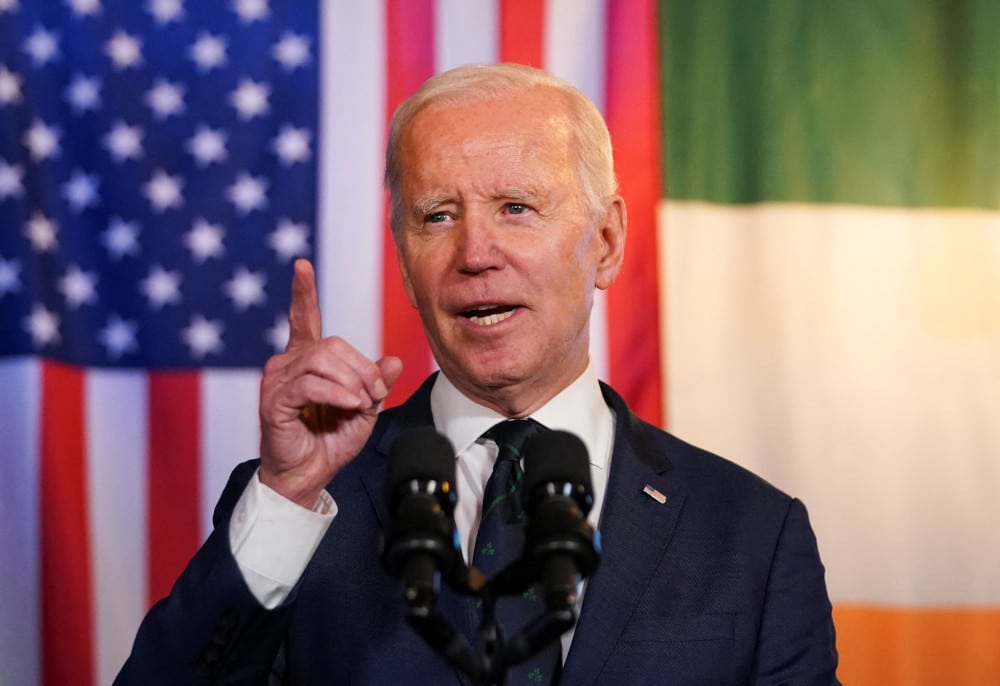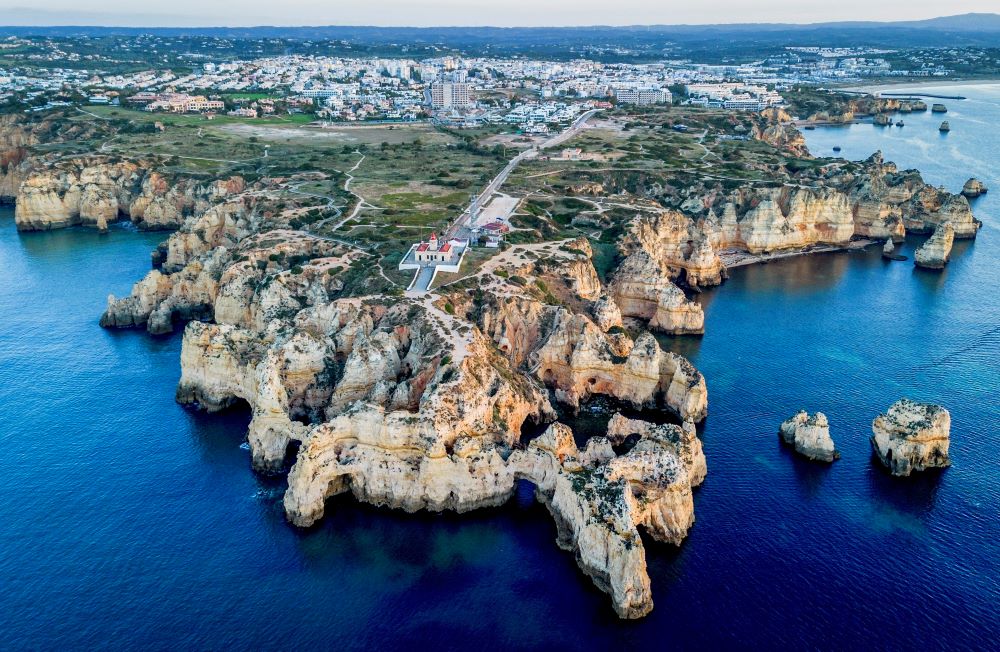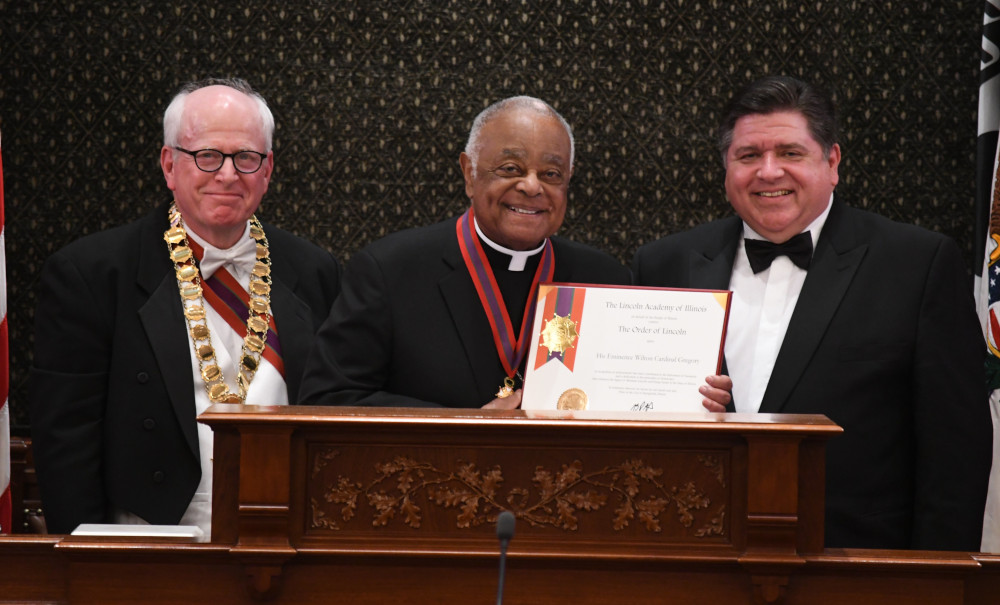
Cardinal Wilton D. Gregory of Washington made a special homecoming to Illinois April 29, where the Chicago native was among six 2023 recipients of the Order of Lincoln, the state’s highest honor for professional achievement and public service.
« I have always been proud to be a native Chicagoan and proud to have been born and raised in the state that is responsible for so many remarkable American leaders, » Gregory said after receiving the honor during a ceremony in the House of Representatives Chamber of the Illinois Capitol in Springfield.
The Illinois city was Abraham Lincoln’s home for nearly a quarter century where he served as a state legislator and lawyer and began raising his family before leaving for Washington after he was elected president in 1860.
During the ceremony, Gregory received the Lincoln Medallion from Ronald Spears, the chancellor of The Lincoln Academy of Illinois, and Illinois Gov. JB Pritzker presented him with a certificate recognizing Washington’s archbishop as a Lincoln Laureate.
Gregory was ordained as a priest of the Archdiocese of Chicago 50 years ago in May 1973, and he later served as an auxiliary bishop there and then was the bishop of Belleville, Illinois, when he also was president of the U.S. Conference of Catholic Bishops (2001-2004). During his term as president, the nation’s bishops implemented the « Charter for the Protection of Children and Young People » in 2002.
In December 2004, St. John Paul II named then-Bishop Gregory to be archbishop of Atlanta, and he was installed the following year. Pope Francis appointed him as the archbishop of Washington in 2019. The next year, Gregory was elevated to the College of Cardinals.
« His Eminence Wilton Cardinal Gregory has devoted his life to serving others, » Pritzker noted in his remarks. « He was the first African American Catholic cardinal, and he’s beloved by those that he has served. Cardinal Gregory’s pastoral work has taken him to places near and far, (including) Belleville, Atlanta, Rome and now Washington, but he has never forgotten his roots as a Chicagoan. »
In a statement that day, Chicago Cardinal Blase J. Cupich noted that Cardinal Gregory’s « exceptional faith journey » began more than six decades ago when he was a student at St. Carthage School on Chicago’s South Side, where he was inspired to become Catholic and first felt a call to the priesthood.
Cupich praised Gregory’s « lifetime of service to the Lord, God’s people and society, » and said Chicagoans have taken pride in his accomplishments. « We are particularly pleased that this son of Chicago has been named a laureate of the Order of Lincoln, » Cupich said.
At the ceremony, Gregory was presented by Msgr. Kenneth Velo, his friend who was ordained as a priest for the Archdiocese of Chicago with him in 1973. Velo noted the cardinal’s collaborative leadership in the church and his work for social and racial justice.
« As a native son of Illinois, the cardinal represents well the values and principles of our state learned during his formative years and through his service as a priest and bishop here. Now he serves well those entrusted to his care in our nation’s capital and far beyond as a leader of faith, » said Velo, senior executive of Catholic collaboration for DePaul University in Chicago and co-chairman of the Big Shoulders Fund, which supports inner-city Catholic schools in Chicago.
In his remarks after receiving the Order of Lincoln honor, Gregory praised his home state for its sports, enterprises, arts, culture, farmlands and food.
« We have a rich history in this land of Abraham Lincoln, which includes being the first state to ratify the 13th amendment which abolished slavery, as well as to preserve and respectfully honor many ancient Native American sites, » he said.
Gregory said the Adrian Dominican sisters who taught him at St. Carthage School nurtured his future priestly vocation, and the families in his Englewood South Side neighborhood « taught me that we are always to look out for each other. »
« As a Catholic priest of the Archdiocese of Chicago, my formative years as an Illinois youngster – both in my personal family and my Catholic family of faith – have been at the core of the abundant and numerous blessings that have anchored and enriched my life, for which I am forever grateful, » he said.
Washington’s archbishop also expressed gratitude to the people of southern Illinois whom he served when he was the bishop of Belleville, saying it was a blessing and a privilege « to serve and to live in their midst. »
He noted that even though his life as a bishop took him away from Illinois in late 2004, and he hasn’t lived in the state since then, « Illinois has never stopped being ‘home.' »
« My heart will always be full of gratitude for you, Illinois. It is with abundant appreciation and fondness for my home state that I accept this award. Thank you for recognizing me — way over here in Washington, D.C. — as a son of Illinois. »
The other 2023 recipients of the Order of Lincoln were:
— Karen Hasara, a lifelong resident of Springfield, who was that city’s first female mayor and also served in the state House of Representatives and state Senate.
— John W. Rogers Jr., founder, chairman and co-CEO of Ariel Investments, which is recognized as the first Black-owned mutual fund firm in the United States.
— Thomas E. Skilling III, longtime award-winning chief meteorologist for WGN-TV.
— Jayne Carr Thompson, former first lady of Illinois and an attorney and business consultant who championed women’s issues as well as child health care and education issues.
— Paula Wolff, a policy adviser to Illinois governors, legislative leaders and Chicago mayors, who now advises the Illinois Justice Project.
